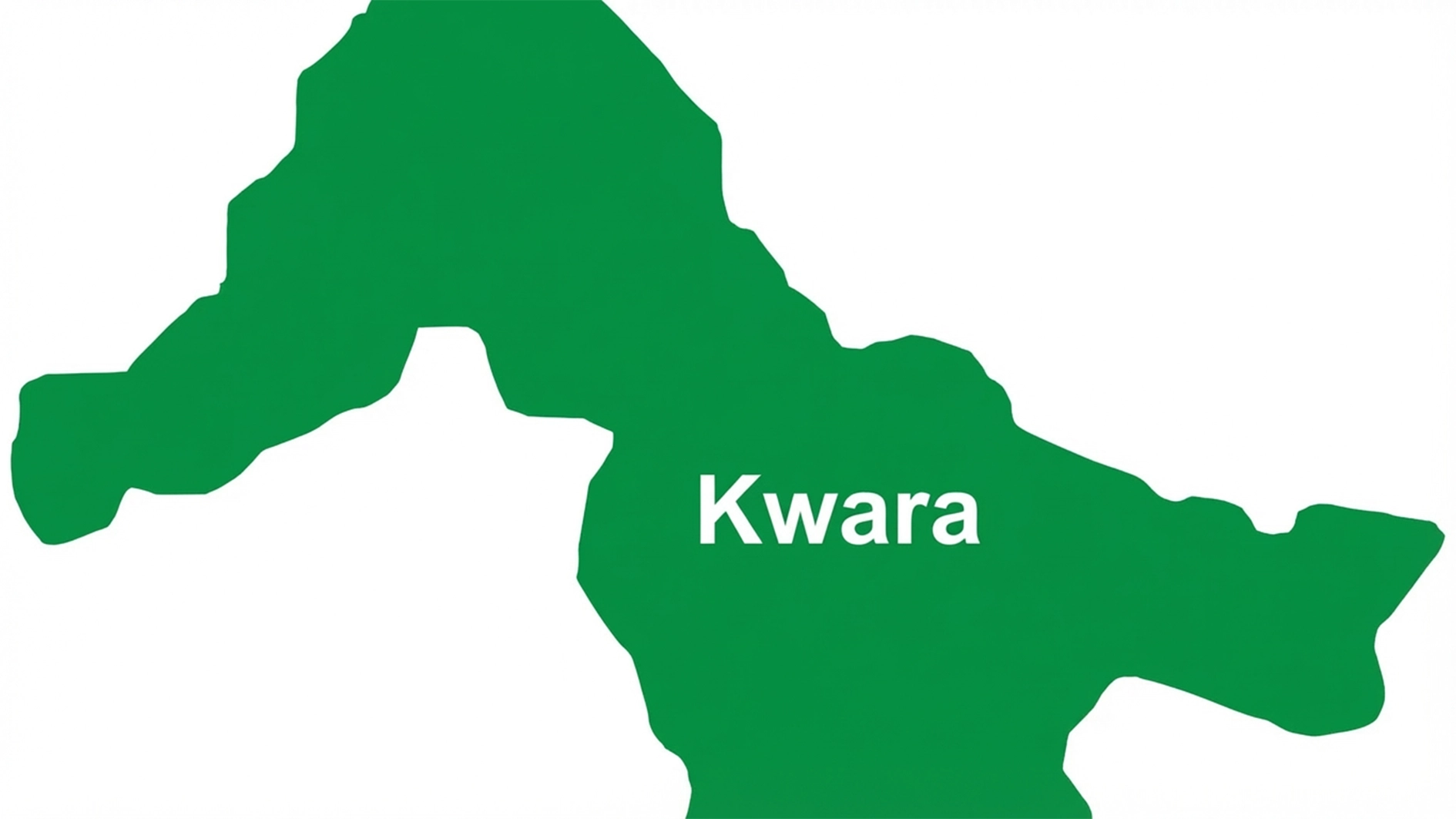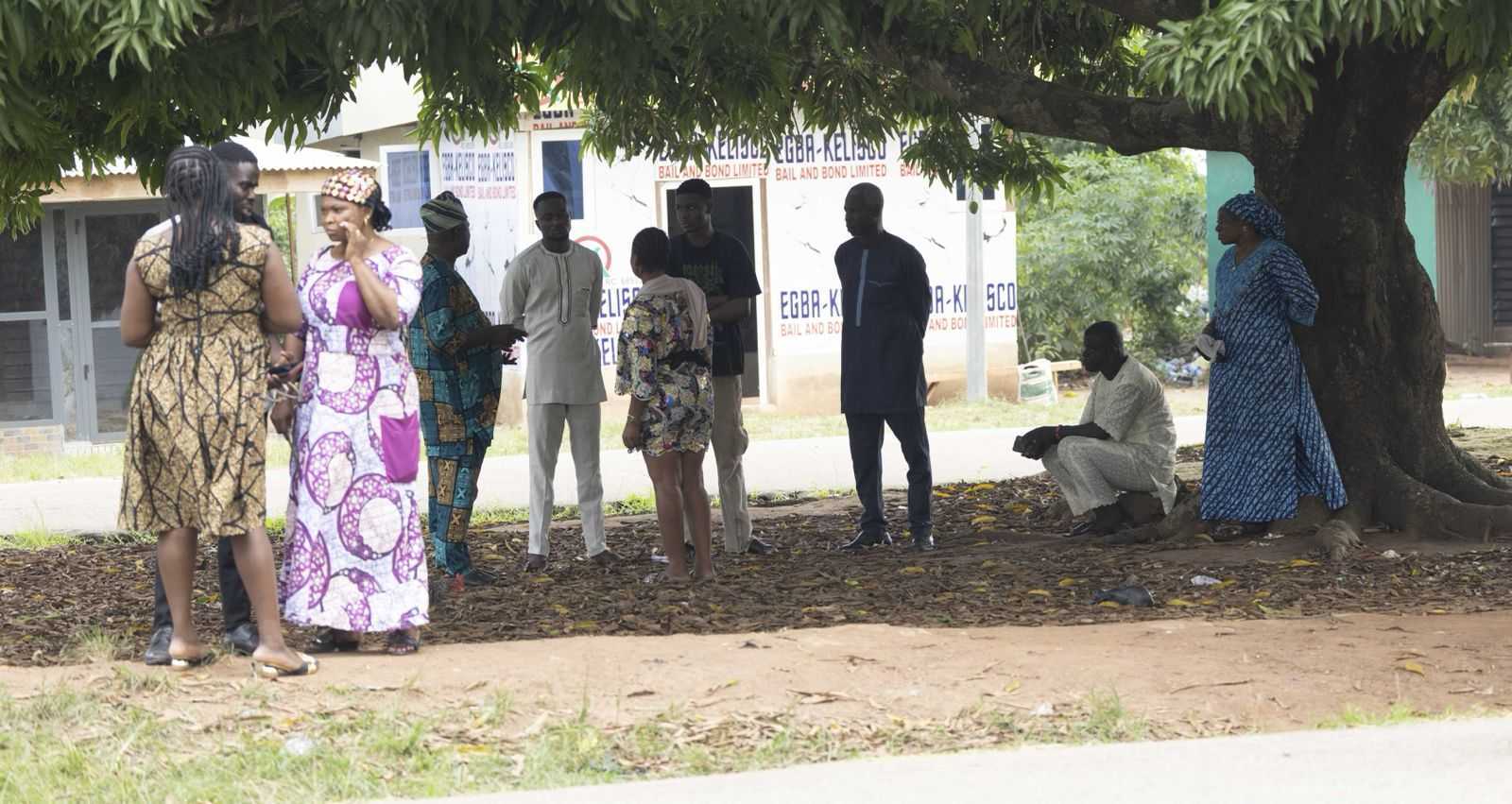The West African Examinations Council (WAEC) has released fresh results of candidates who sat this year’s May/June West African Senior School Certificate Examination (WASSCE).
The examination body released the fresh results on Friday, in Lagos, after admitting error in the earlier one released on Monday.Unlike the results earlier released where only 38.32 per cent out of the 1,969,313 candidates obtained credits and above in five major subjects, including English Language and Mathematics, 62.96 per cent of the candidates actually have the pass grade.
The examination body said the discrepancy in the two results was due to a technical glitch, noting that the authentic results of candidates in the exams were those released afresh.
Announcing the release of the fresh results at a news conference in Yaba, the Head of National Office, WAEC Nigeria, Dr. Amos Dangut, disclosed that a total of 1,969,313 candidates sat the examination, out of which 1,239,884 candidates, representing 62.96 per cent, obtained credits and above in a minimum of five subjects, including English Language and Mathematics.
A comparison of the percentage of candidates in this category in the same school-based exam in 2024 and 2025 revealed a slight decline of 9.16 per cent from last year, which was 72.12 per cent.
Dangut disclosed that the results of a total of 191,053 candidates, representing 9.75 per cent of the total number of candidates who sat the exam, were still being withheld in connection with various reported cases of exam malpractice, saying their cases were being investigated to determine whether to eventually release or cancel them.
This is 2.17 per cent lower than the 11.92 per cent recorded in the same exam in the 2024 and 2023 diets respectively. Dangut said the council got to know about the discrepancies in the two results during an internal post-examination review of its earlier released results, where some discrepancies were discovered in the grading of serialised papers.
“We had earlier informed you that the Council embarked on an innovation (paper serialisation) already deployed by a national examination body. The council, being an accountable, transparent, and credible organisation, further investigated all the serialised papers (Mathematics, English Language, Biology and Economics Objective Papers) and discovered that a serialised code file was wrongly used in the printing of English Language Objective Tests, which resulted in them being scored with wrong keys.
“Consequently, the observable decline in the performance of candidates earlier announced was partly traceable to this absurd situation,” Dangut said.
While apologising to parents and stakeholders for the imbroglio, the agency expressed regrets for the emotional and mental dismay it might have caused the affected candidates and all stakeholders.
“We have been able to fix the anomaly, and candidates can now access their results on the portal,” Dangut further stated.






